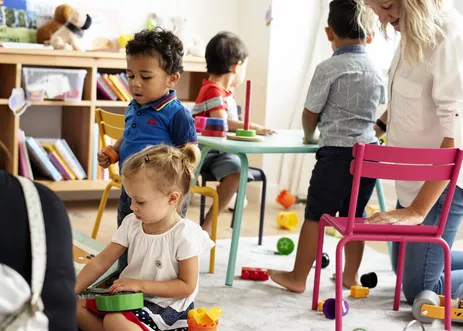WG Child and Adolescent Health Research

Quantitative methods are used to investigate topics such as (mental) health, well-being and health behaviors (e.g. nutrition and exercise, substance use). Furthermore, questions about family and living conditions, the school environment and well-being at schools as well as the peer group are considered. The topics are analysed with regard to horizontal and vertical social inequalities. Both trend analyses and longitudinal studies are used to analyse the transition from adolescence to adulthood. Methodological challenges such as measuring social status in adolescence are also taken into account in the working group. The aim of the WG is to study the health and health behaviour of children and adolescents in the context of family, school and peers. Special attention is paid to the description and explanation of health inequalities. Among other things, the results serve as a basis for (school) health promotion interventions and lay the foundation for a healthy transition into adulthood.
Coordination
Current Projects
- Child and Adolescent Health Study “Health Behaviour in School-aged Children (HBSC) - a WHO Collaborate Study“